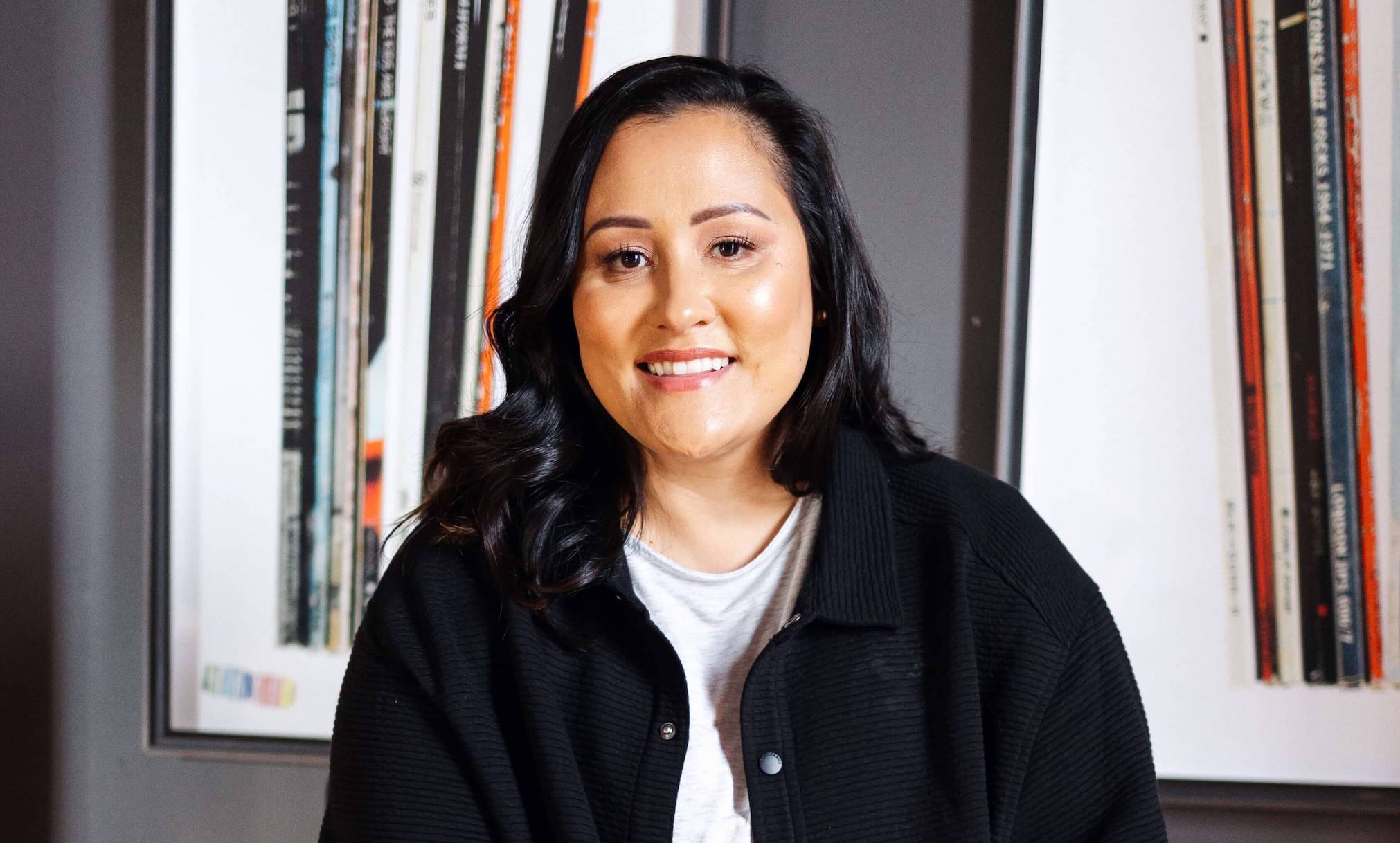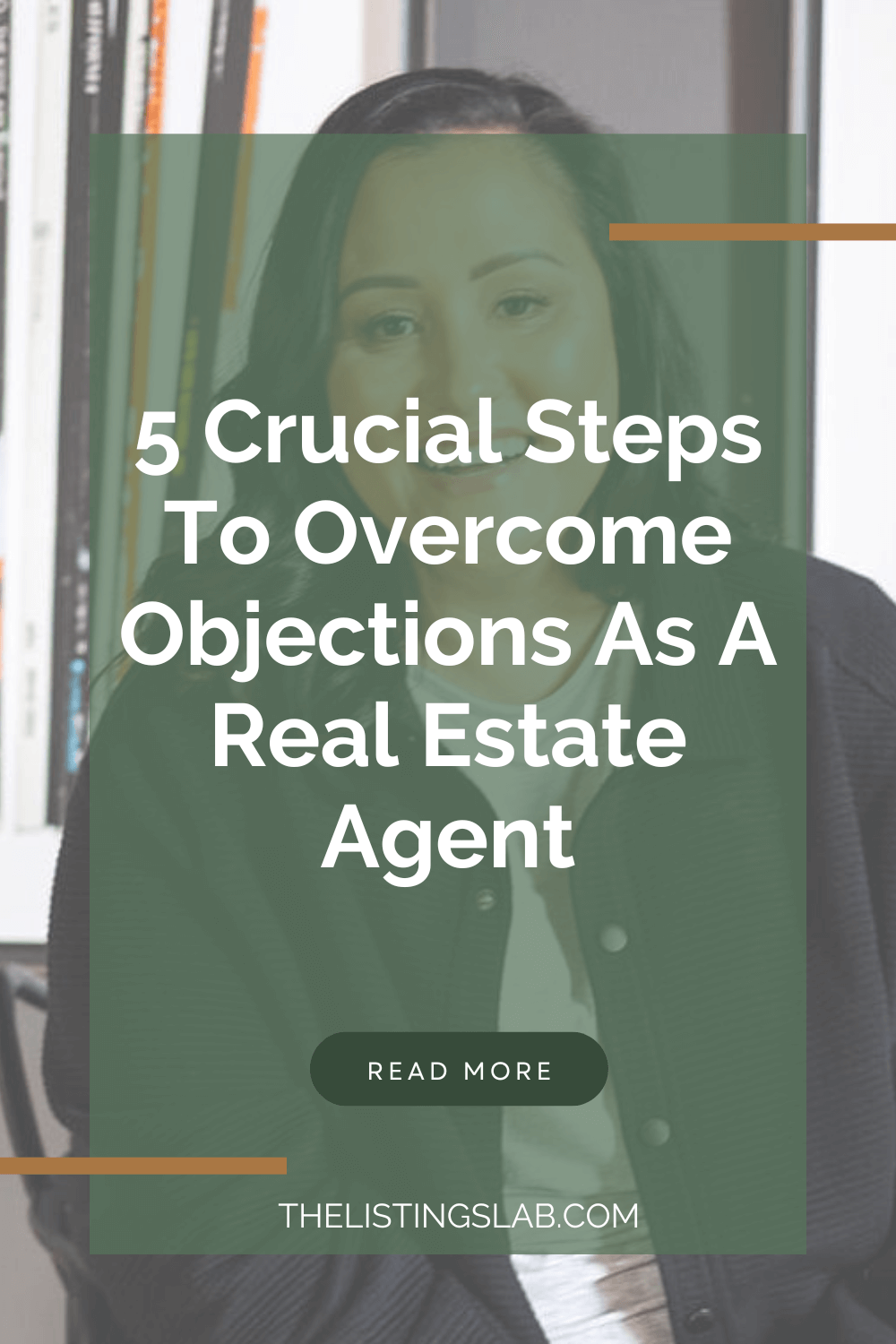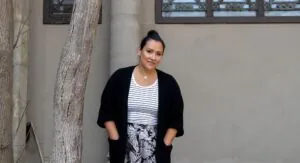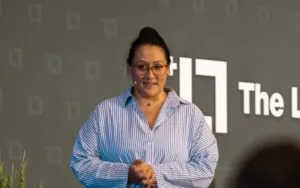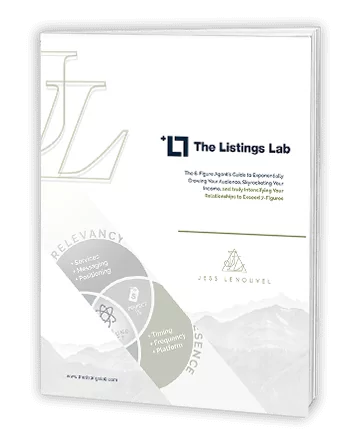Objection handling in real estate is one of the most important skills you need to build in order to grow your business to seven figures.
Too many agents focus on the wrong things during their listing presentation – and they totally bore their clients.
They concentrate on market stats and numbers, droning on and on in corporate lingo…
…Rather than communicating on a human-to-human level and engaging emotionally with their potential clients.
Conversation leads to conversion.
If you only talk AT your potential clients rather than having a true back and forth, you’ll never understand the deeper psychological reasons for the move.
When you practice deep listening and asking the right questions, you’ll begin to notice when your prospect is hesitating.
You’ll be able to anticipate objections before they even come up, because you’re that in tune with your ideal client avatar.
Every time you have a listing presentation and an objection comes up, jot it down.
Once you’ve got twenty or so listing conversations under your belt, you’ll know in advance what those objections are – and you can devise a plan for how to deal with them.
There’s a very specific strategy when it comes to objection handling in real estate, so keep reading to learn how to deal with objections like a pro!
Improving your close rate is one of the best approaches for how to get more listings WITHOUT having to work a whole lot harder!
Be Upfront About The Objection
If you sense a financial concern, the worst thing you can do is shy away from it.
Agents tend to ignore situations that make either us or the client uncomfortable. Don’t do that.
Instead, dive into any point where you notice the client hesitating.
When you’re trying to build that trust, it is always better to address something proactively than reactively—because those objections that were there from the beginning will always come up again at the end.
For example, one especially common objection that comes up when dealing with younger clients is that they need to review everything with their parents. To handle that, ensure that all decision-makers will be present when you book the listing appointment. This is always going to be better because you can build relationships with everyone. The last thing you want is a client trying to relay what you said and not doing it justice.
Once you’ve overcome the objection, you also have to come to a mutual understanding that the objection is no longer a concern. Get verification from the client that you’re now on the same page. If you don’t get that verification, continue to address the objection until you do.
The 5-Step Objection Handling Formula For Real Estate Agents
You can use this formula to effectively become a PRO at objection handling in real estate so you can close more deals.
Step 1: Acknowledge
People expect resistance to an objection. Give your clients the opposite with phrases like, “Of course,” or “I totally understand.”
This immediately puts your client at ease rather than feel like they’re in a tug of war.
Step 2: Accept
When you accept your client’s objection as their truth, you validate them and build trust. You put yourself on the same side of the table.
Step 3: Shut Up
Once you’ve handled the objection, stop talking. Get it in your head that the first person who speaks loses. Don’t oversell your response.
Step 4: Pinpoint the Pain Point
Go back to the reason the client sought you out. Why is it important for them to sell their home at this particular time?
Step 5: Close
You have to be comfortable asking for the close. If you don’t ask for it, you’ll likely go in circles. Give your client the opening to say “yes” by asking them directly if they are ready. Be confident enough to ask and it will raise their confidence in you.
You don’t always have to go for the hard close. Make the close feel more like an invitation.
The way you go about this is entirely dependent on the client’s demeanor. Sometimes it can be as simple as:
“Do you have any other questions? Are you ready?”
“Is there anything else we need to cover before we sign this paperwork?”
Of course, there are also situations in which clients are legitimately scared and will interview fifty agents and still never make a decision because they don’t trust themselves. In that situation, you might say something like:
“It seems like there’s a trust issue here. It’s either that you don’t trust me or that you don’t trust yourself to make the right decision. Do you know which one it is?”
That might sound bolder than you’re comfortable with, but the key to good sales is to say the thing that others don’t want to say or that your client might not even be aware of.
70 Percent Versus 30 Percent
The whole purpose of handling objections is to figure out where the client is at.
We can break this into a 70/30 split. 70 percent of objections are trust objections. The other 30 percent are based on a legitimate concern.
The 70 percent is the hardest part to manage because a trust objection can be a difficult obstacle to overcome.
The best way to handle the 70 percent zone is with real estate testimonials and case studies demonstrating how you have helped clients in situations similar to theirs, along with building rapport by asking as many questions as you can.
The more understood and emotionally connected your client feels to you, the better.
It pays to have a case study in the back of your mind for every objection you can think of. They can help you build trust through legitimacy without having to boast that you’re number one or that you’ve worked with X amount of people. Clients don’t connect with that.
The key to objection handling in real estate is not being afraid of the objections or shying away from them. This only gives the objection more power.
Instead of letting the elephant remain in the room to do cartwheels, call it out as quickly as you can. When you’re able to say that you understand that there’s some trust that needs to be built here, you can not only acknowledge the elephant but escort it out.
Then you can ask them what they need to feel more comfortable. Sometimes the solution might just be connecting them to a past client to speak with.
Do you want more tips on how to have successful sales conversations?
Check out this post on how to close more real estate deals using a simple 8-step formula.
Another thing to remember is that building trust with clients starts well before your listing conversation.
You should be nurturing your potential clients so you become the #1 agent in their mind…before you’ve even met them.
Learn how to build a real estate marketing machine that builds relationships at scale by downloading The Listings Lab Guide for free.
